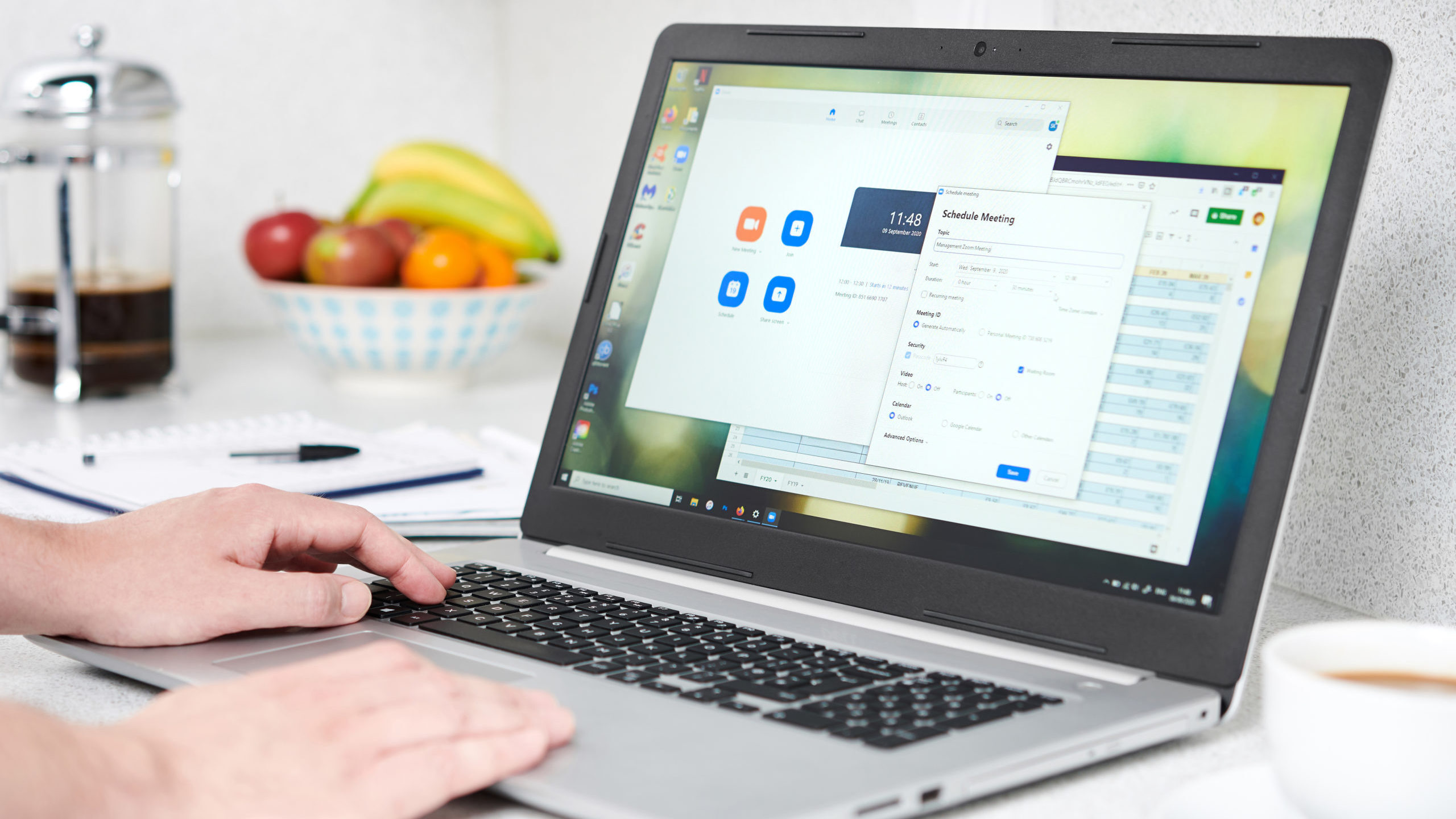83% of Ransomware Infected Organizations Paid Over $900,000 Each / Digital Information World
However, ExtraHop’s latest Global Cyber Confidence Index revealed that 83% of organizations that fell pretty to a ransomware attack ended up paying the ransom. The fear of data loss and operational disruption likely led to them biting the bullet, and it is estimated that the companies that paid the ransom had to pay an average of over $925,000 apiece.
With all of that having been said and now out of the way, it is important to note that malicious actors often use the double extortion method when companies pay up. Paying a ransom once makes it more likely that you will pay it again than might have been the case otherwise, so there is a clear correlation between failing to follow post-ransomware instructions and having to go through the ordeal all over again.
77% of experts who are working in the field of IT said that obsolete cybersecurity infrastructure was leading to an increased number of attacks with all things having been considered and taken into account. Spending nearly a million dollars to upgrade this infrastructure might be a far more useful strategy for companies to consider since it can prevent ransomware from making its way onto their systems in the first place.
In spite of the fact that this is the case, most companies tend to have a reactive strategy than a proactive one. Creating backups and keeping cybersecurity tech up to date is both more affordable as well as more efficient, yet most companies are failing to meet this very basic requirement. Until major companies start to take cybersecurity more seriously, the number of these attacks will only grow ever greater. It will be interesting to see if these findings have any sort of impact on how ransomware is dealt with.
Read next: New Investigation Discovers iPhones Being Injected With Spyware Through Exploitation Of…



